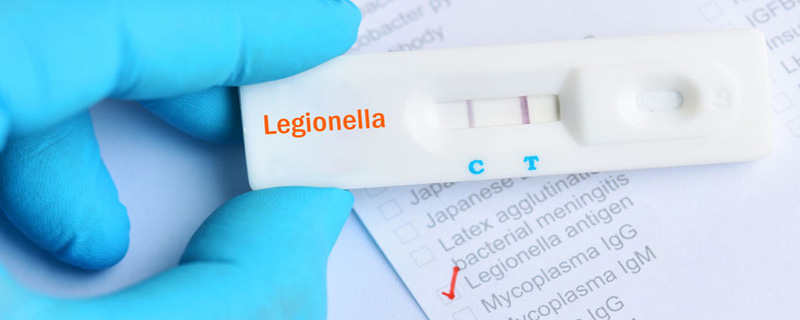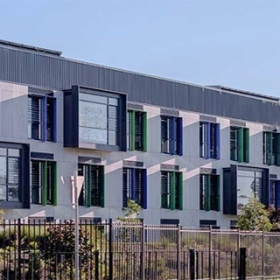Student Accommodation Urged to Guard Against Legionella
WaterSafe, the national register of approved plumbers and water contractors, is reminding student accommodation providers to assess the risk of legionella in their property’s water supply, as they prepare to reopen their doors to students.
Under the Health and Safety at Work act, property managers have a legal duty to assess the risk of exposure to legionella bacteria and take preventative action.
Larger buildings, such as student halls of residence, should also have a water safety plan in place to prevent against any bacteria or potential contaminants.
In addition to mandatory risk assessments, WaterSafe recommends landlords and facilities managers follow five simple steps to help prevent their tenants falling ill from Legionnaire’s disease, the illness associated with the bacteria.
- Make sure boilers are set to store hot water at 60 degrees Celsius
- Flush out the system prior to letting your property. Systematically run the hot and cold water taps throughout the building, with any fittings removed, not forgetting to include the garden hose
- Avoid debris getting into the system by making sure cold water tanks have tight fitting lids
- Use a WaterSafe approved plumber for any work to internal plumbing or water supply pipes (they have specific training in the water fittings regulations and byelaws) and ask them to remove any redundant pipework; stagnant water in pipework will encourage bacteria to grow
- Only use compliant fittings and water products, approved by bodies such as the Water Regulations Advice Service (WRAS), KIWA or NSF.
Kevin Wellman, Director at WaterSafe said:
“While contracting Legionnaires’ disease is thankfully rare, it can present serious health risks and is easily prevented by following our five top tips.
“Data from the Drinking Water Inspectorate shows that more than 99.97 per cent of drinking water supplied to homes and businesses is free from bacteria and other harmful substances, but we all have a part to play in keeping it that way.
“Legionella can build up when properties are out of use for several weeks or months, so the start of the academic year is the perfect time to give your property a legionella MOT to keep students safe from harm.”
Legionella thrives in warm, stagnant, water so levels are likely to be higher at the start of the year if little to no water has been used over the warm summer months when student accommodation is empty.
Legionnaires’ disease is contracted by inhaling droplets of water, such as the spray from a shower, hose, or tap – rather than drinking the water itself. Although rate, it can cause serious illness or death, particularly in the elderly or those with health conditions.




Leave a Reply
Want to join the discussion?Feel free to contribute!